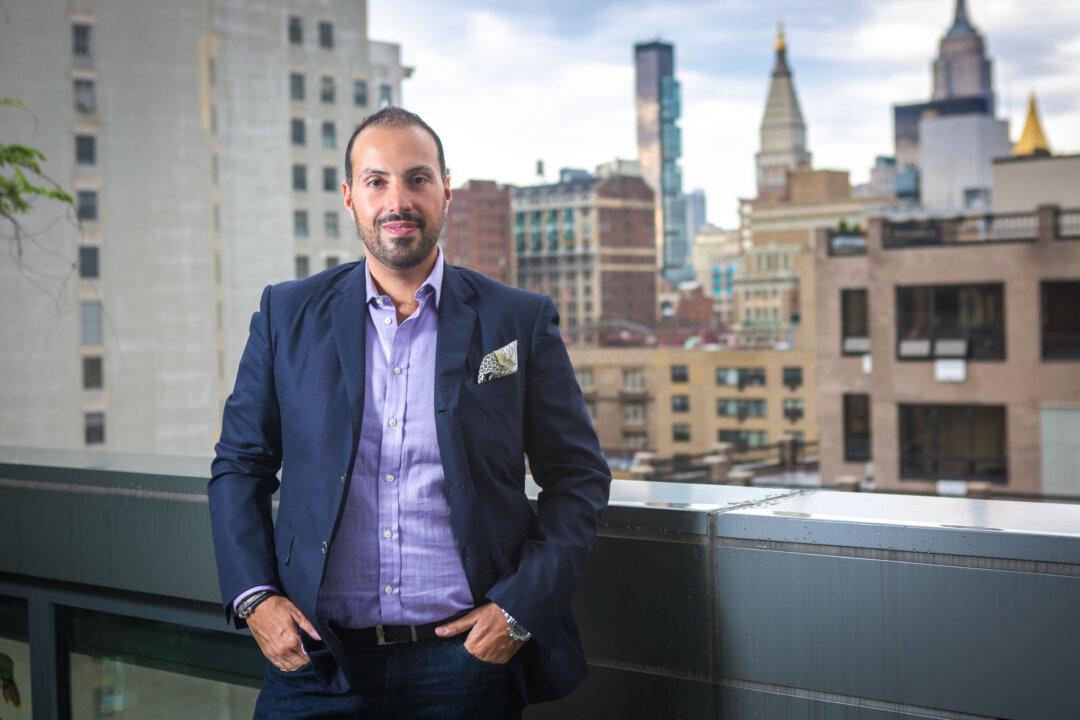NEW YORK—The City of New York has indicated a preference for health care plans that provide city workers with incentives to quit smoking and lose weight. City workers do not want to be told how to live their lives outside of work hours, according to union negotiators.
As part of an effort to get the costs of health care down for the city, Mayor Michael Bloomberg has proposed requiring city workers to contribute to premiums. He has also suggested workers choose plans with healthy living incentives.
This is part of the administration’s effort to reform city workers contracts. Workers have been operating on old, renewed contracts since at least 2009. They have been unable to negotiate new contracts, partly due to disagreements over health care benefits and the cost burden.
Bloomberg proposed preventative health care in April, when Deputy Mayor Cas Holloway spoke at a Citizens Budget Commission breakfast. It was suggested as one of a number of ways to reduce costs.
Holloway said without intervention, city health care costs could increase from $6.3 billion in 2013, to $8.3 billion in 2018. A new deal with an insurance vendor that includes preventative care could save the city $400 million a year, he said. Preventative care is also supported under the federal government’s Affordable Care Act.
About 95 percent of city workers do not currently contribute toward their health care premiums. They do, however, have copayment (co-pay) costs for visiting the doctor and procedures.
Large Task for Next Mayor
Harry Nespoli, chair of the Municipal Labor Committee (MLC), said Bloomberg has not been willing to negotiate in good faith, so when he leaves office at the end of the year, the next mayor has the burden of negotiating new contracts.
The MLC represents 300,000 city employees and 100 unions, and is the umbrella organization that negotiates health care benefits for city workers.
Nespoli said all the Democratic candidates have told him that they are willing to sit down and negotiate a deal that “everybody can live with.”
Nespoli said that the unions wanted to save taxpayers money. “The next mayor is not going to come in on a white horse and give us money,” Nespoli joked, adding that since the workers’ contracts are worth $6 billion, and would be in effect for 10 years, they cannot be rushed through.
He said three years ago the unions, the city, and the insurance vendors had sat together and negotiated a deal that saved the city $250 million over two years.
They negotiated a better rate with the insurance vendor, EmblemHealth, and increased the copayment burden for city employees. EmblemHealth currently provides insurance for about 500,000 city employees, retirees, and their dependents.
The proposed deal meant that each time city workers visit the doctor or a medical center they would pay more money in the form of co-pays.
Nespoli said a visit to the emergency room now costs a city worker around $100, and seeing a doctor costs $25 or $50, depending on the worker’s income bracket. (Lower-income staff has lower copayment costs.)
Before the negotiation, employees who earned between $25,000 and $80,000 had no copayment costs for medical care, and those paying $15 a visit had to start paying $25.
Nespoli said he expects insurance vendors would present preventative care plans to union members during future negotiations, but he did not think members would support plans that penalize city workers financially for things like smoking and being overweight.
“When you want to turn around and control the individual when he is not working and he is at home with his family—I don’t believe in turning around and forcing people to do something,” he said, adding that Bloomberg had also banned large sodas in city eateries.





